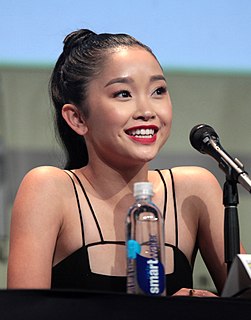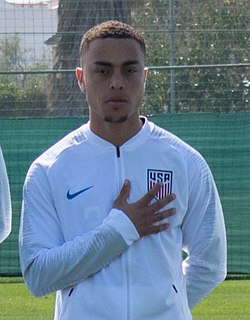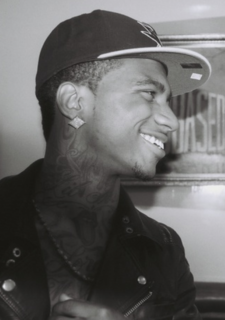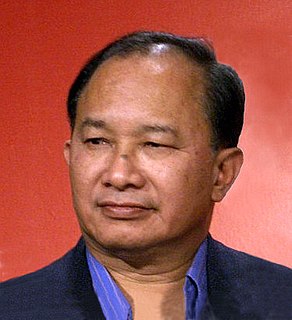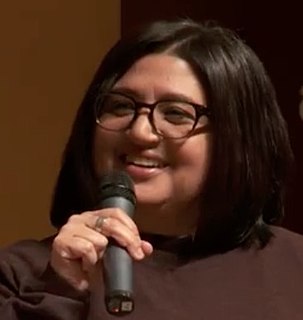A Quote by Tess Gerritsen
Throughout most of my life, I've tried to downplay my Chinese heritage because I wanted so much to be an American. I was the only Asian kid in my elementary school, and I longed to be like everyone else. I insisted on American food; I was embarrassed by my mother's poor English.
Related Quotes
There's a misconception that I can't relate to the quote-unquote 'Asian-American experience' because I didn't grow up with an Asian mom and dad. And that's just not true. I am Asian American, and so playing a girl who is half Korean, half white, but her white dad tried really hard to connect with her mom's heritage - that's very familiar to me.
On the mission I brought a flag from China, I brought the stone sculpture from Hong Kong, and I brought a scroll from Taiwan. And what I wanted to do is, because as I was going up and I am this Chinese-American, I wanted to represent Chinese people from the major population centers around the world where there are a lot of Chinese people. And so, I wanted to bring something from each of those places and so it really wasn't a political thing and I hope people saw it that way. I was born here, I was raised in the U.S., and I'm an American first, but also very proud of my heritage.
Well, English is no problem for me because I am actually English. My whole family are English; I was brought up listening to various forms of the English accent. Obviously there are more specific ones that get a little bit tricky. Same with American stuff. But because in Australia we're so inundated with American culture, television, this that and the other, everyone in Australia can do an American accent. It's just second nature.
I think in Arabic at times, but when I'm writing it's all in English. And I don't try to make my English sound more Arabic, because it would be phony - I'm imagining Melanie Griffith trying to do a German accent in Shining Through. It just wouldn't work. But the language in my head is a specific kind of English. It's not exactly American, not exactly British. Because everything is filtered through me, through my experience. I'm Lebanese, but not that much. American, but not that much. Gay, but not that much. The only thing I'm sure of, really, is that I'm under 5'7".
Does people not asking me about Asian American literature mean they don't see it as its own literary tradition? I certainly believe in it as its own literary tradition, because your race plays a great factor in how you are seen by the world, and how you see the world; the fact that I'm an Asian American isn't incidental to who I am as a writer. Where it becomes difficult is defining what, if anything identifiable at all, makes an Asian American book an Asian American book, other than the fact of its creator being Asian. And I'd argue that there is nothing identifiable beyond that.
... the connection between imperial politics and culture is astonishingly direct. American attitudes to American "greatness", to hierarchies of race, to the perils of "other" revolutions (the American revolution being considered unique and somehow unrepeatable anywhere else in the world) have remained constant, have dictated, have obscured, the realities of empire, while apologists for overseas American interests have insisted on American innocence, doing good, fighting for freedom.

